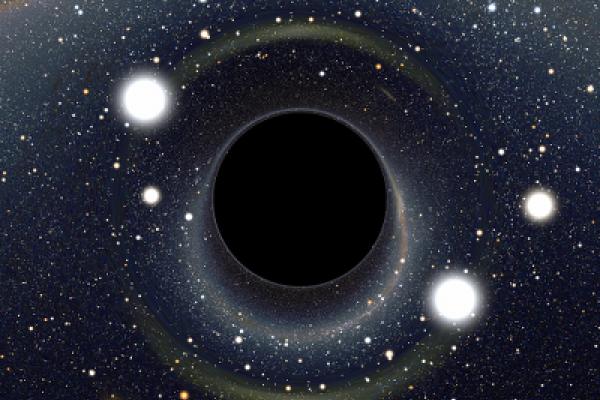
What's in the Wind? Spectral Synthesis Modeling of Broad Absorption Line Quasars
Karen Leighly - University of Oklahoma
A significant fraction of quasars exhibit blueshifted broad absorption lines (BALs) in their rest-UV spectra, indicating powerful outflows emerging from the central engine. Despite years of study, the physical conditions of the outflowing gas are poorly understood. Our group has developed SimBAL, a novel spectral synthesis fitting method for BAL quasars that uses Bayesian model calibration to compare synthetic to observed spectra. I will describe the construction of SimBAL, and illustrate its unique strengths by discussing the results from several projects. The analysis of a HST spectrum of the low redshift broad absorption line quasar SDSS J0850+4544 reveals considerable structure as a function of velocity across the trough, including a high column density feature and a decrease in covering fraction with outflow velocity. Analysis of a sample of FeLoBALs finds a four dex range of distance from the central engine. Implications for the contribution of BALQSOs to black hole - galaxy feedback and future prospects will be briefly discussed.
